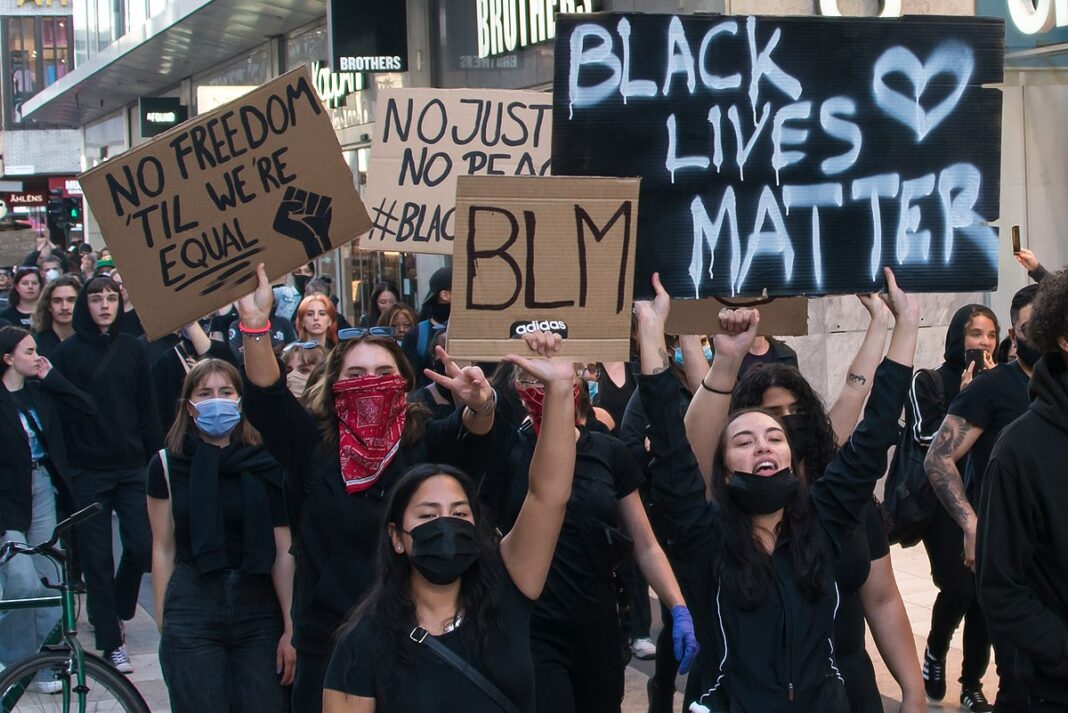It’s no secret that the student body is composed of a spectrum of students who come from different backgrounds of privilege. The ways in which the last year has impacted students on campus ranges drastically. Whether that means your only option was living with seven other family members in a house constantly buzzing and with no privacy, or having the ability to study and take classes in a quiet space alone without distraction, students lived very different lives at home during the pandemic. Some of us had to find jobs in order to help support our families, while money wasn’t a concern for others. Sure, we receive the occasional email or two from the school acknowledging the events going on, but other than that, many students were left to fend for themselves and figure things out as they go, such as financial aid, food support, housing, mental health resources and more. Most of us couldn’t rely on the little aid the school offered. As if we needed more stressors, many of us, specifically the BIPOC community on campus, also had to face the reality of what was going on in this country.
As the height of the Black Lives Matter protests began, many of us, especially the students of color on campus, were heavily involved in the movement. I, along with other students, went from having to juggle school work and an on-campus job to balancing a full-time essential worker position, online courses, mental health care, social justice work and more. Being a part of the movement alone was emotionally taxing enough. Like many other students this past year, I was so mentally, emotionally and physically drained that I ended up needing medical leave. Thankfully, I have the privilege to be able to find resources and support for my mental health, to a certain extent. However, a lot of students on campus can’t afford help other than the counseling center. Even after my medical leave, actively seeing professional help, and being back on this campus, the trauma from the last year and a half (and yes, I said trauma because it was definitely traumatic) has not been erased. There are different ranges of trauma from losing a loved one due to COVID to participating in one of the largest movements of our generation. It is something each of us continues to cope with to different degrees.
“Sure we receive the occasional email or two from the school acknowledging the events going on, but other than that, many students were left to fend for themselves and figure things out as they go, such as financial aid, food support, housing, mental health resources and more.”
Being back on Muhlenberg’s campus does not erase everything that has happened since we got sent home. We cannot accept going back to normal because the normal we were used to was never good enough. It is our responsibility as a community to actively try and make our campus a better and safer place for all of its students. The COVID numbers going down and returning to campus is not an excuse to ignore the impact our time at home has had on students.
My intention in writing this is to encourage students to check on their privilege, check on their friends and check on themselves. In order for us all as a community to heal from what we have gone through, we cannot ignore that it is still affecting us, collectively. Since it affects even a small portion of students on this campus, it should affect all of us. Continue to educate yourself and your peers, because although I speak of these issues in the past, they are still very prevalent. There is always more work to be done.






















